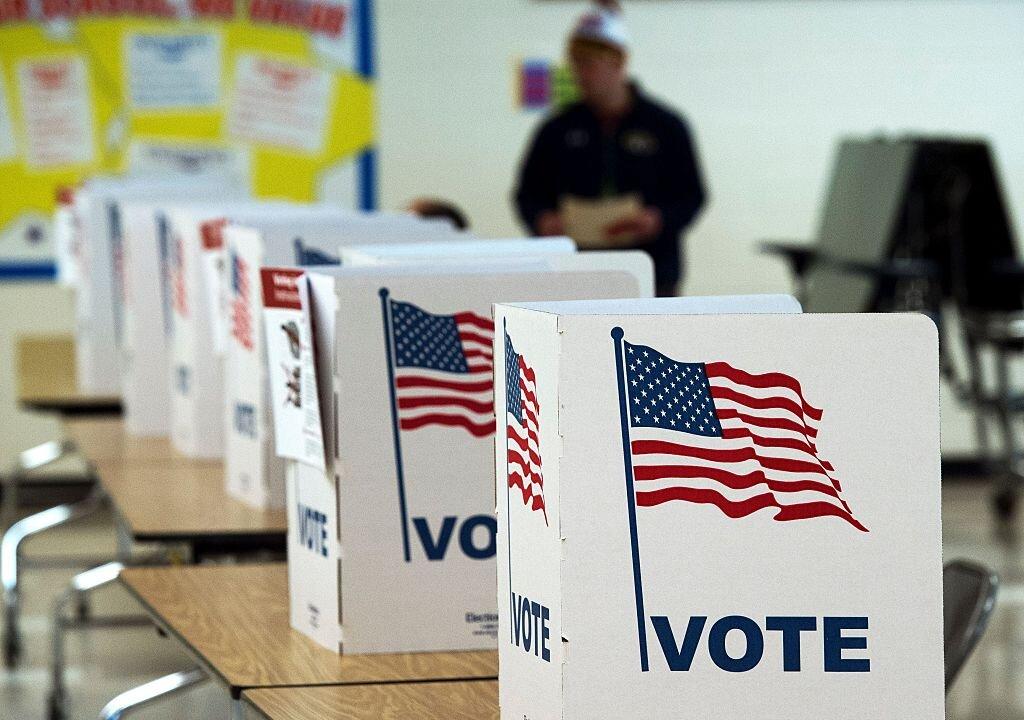Salena Zito posted a teaser and a link to a piece she had written for the New York Post titled “Why Trump’s Supporters Won’t Care About Cohen and Manafort” on her Facebook page in the morning on Aug. 23.
Two hours later, Zito learned from her Facebook friends that the post was removed, because it didn’t follow the social network’s “Community Standards.” The teaser was about Trump voters’ reactions to current affairs. Confused, Zito tried to contact Facebook and rectify the issue. No answer.




